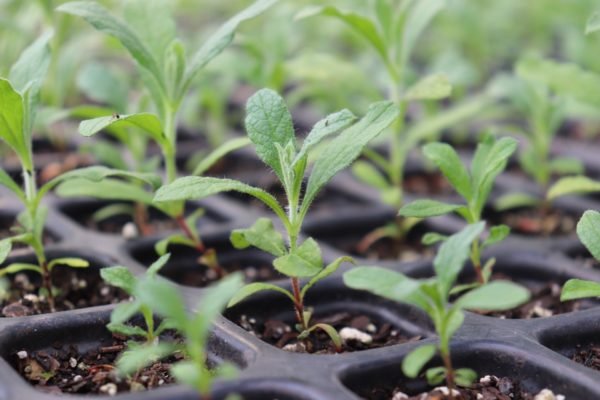Sustainability has emerged as a watchword for our collective preoccupation with ensuring that human needs are able to be met now and into the future — a future in which we may or may not have access to the things that we have relied upon to support our way of life. This is made more difficult by the inevitability of change. Indeed, the changes wrought by waves of industrialisation, globalisation and technological innovation have resulted in greater awareness of the finite nature of the resources we have at our disposal, the transformation of the labour economy amid growing mechanisation, and so on. While the concept of sustainability is most commonly associated with environmental and business contexts, the notion of sustainable living applies much more broadly, taking in every facet of our day-to-day existence, including personal interactions, work, education, scientific practices, leisure, the arts, politics, and more.
Devastation, mortality and sweeping societal transformations triggered by the COVID-19 pandemic have created a new environment in which prior understandings of sustainability must be re-evaluated and adapted to suit the unprecedented challenges presented by a coronavirus for which there is presently no cure. COVID-19 has affected virtually every corner of the world in more traditionally understood medical, economic and socio-political ways, it has simultaneously ‘infected’ everything else as well, from our innermost psyche to micro and macro levels of understandings of the most basic and complex systems, places and issues facing us. This is an opportune moment for reflection and evaluation of where we are and what we should do going forward. How has the COVID-19 pandemic uniquely exposed issues that were already known, whilst also presenting unforeseen problems and opportunities for the future? How has this event affected interpersonal communication, relationships, individual feelings of security and wellbeing? Is it sustainable to maintain social distancing and wear masks in all of our interactions with others in public settings? How can an appropriate balance be struck between public safety and economic stability? How has COVID-19 impacted understandings of infectious diseases and science as well as concepts of personal liberty and community — and how might learnings influence the way we raise interact with family, teach and learn, participate in civic life and govern? Will entertainment such as concerts, movies and sporting events ever be the same; what might the future hold for these leisure activities and the industries that support them? To what extent have our previous actions as a global community supported or undermined our ability to live sustainability in the time of COVID-19? Are the changes we have made in response to the coronavirus sustainable and if not, what should be done instead? How can we come together and discover new ways of coexisting on this planet as a result of these events?
This conference provides a platform for exploring these and other questions, using inclusive trans-, multi- and inter-disciplinary lenses.
Activities
Conferences
1st Global Conference
Sustainability: A Global Transformations Interdisciplinary Conference
Sunday 18 April – Monday 19 April 2021
Vienna, Austria
The call for proposals is now open.

